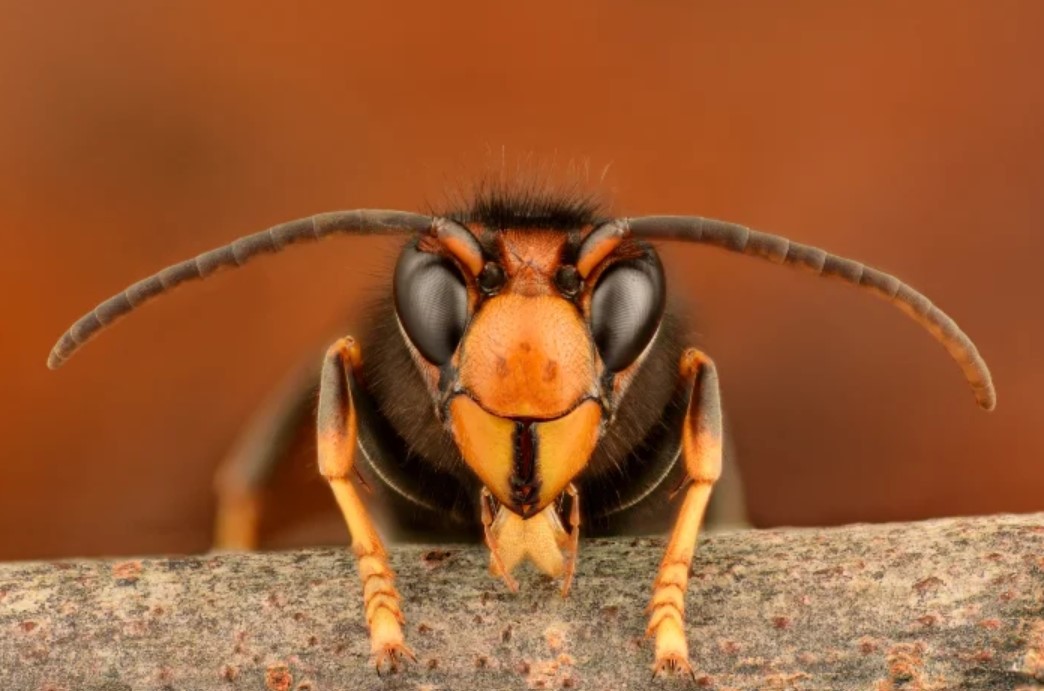Known as murder hornets, they appeared in Europe 20 years ago and in 2016 it crossed the English Channel to move to the United Kingdom…reports S Ravi
Species not native to a particular region can harm the local ecosystem and what makes them extremely dangerous is their capability of spreading in an area quickly and that is precisely what Asian hornet aka Vespa velutina is doing.
As per a sciencealert.com report these hornets originating from Asian countries including northern India, Pakistan, Afghanistan, China, Bhutan, Laos, Malaysia, Vietnam and Burma are on an expansion spree – covering more than 80 kilometres a year – preying on hoverflies, honeybees and other insects.
Known as murder hornets, they appeared in Europe 20 years ago and in 2016 it crossed the English Channel to move to the United Kingdom.
Interestingly, analysis of their genes shows that its swift and extensive spread in Europe took place when one wasp in 2004 moved from France to China. Simon Harrison, ecologist at University College Cork, Ireland talking about this said: “Our research has revealed the remarkable potential for population expansion of eusocial insects in invaded areas, even when original genetic diversity is extremely low.”
Zoologist Eileen Dillane from UCC and her team studied three genes from the first recorded arrival of the Asian hornet in Ireland which took place in April 2021 and they compared that to sequences of wasps found in Europe. What they found was that all the genes were mitochondrial genes and these are passed on along the female line.
Elaborating this, Dillane said: “Earlier work had demonstrated that Asian hornets in Europe apparently shared the same genetic lineage, based on studies of a single gene. We took this a step further and looked at two additional genes which would be more sensitive in detecting variation within the invasive population.”
Results of the study pointed out that the maternal wasp line from Dublin was the same from Europe. The researchers in their paper wrote: “Our results, along with those of other groups, suggest that the entire population of V. velutina in Europe, now potentially numbering many millions of individuals, are descended from a single mated queen arriving from China some 15–20 years ago.”
In the region from where the Asian hornets originally hail, they prey on Asian honeybees who defend themselves through a warning and defence system. What they do is attack the wasp together to create a ball causing its death by overheating. The European honeybees don’t have these defence mechanisms and become easy targets. The rapid decline of European honeybees can affect the system of pollination which is a matter of concern.
Dillane and her colleagues noted that the very low genetic diversity of the V. velutina population in Europe can help in controlling it biologically. At the same time, they warned that “climate change is likely to increase the threat of a successful invasion in the future, so vigilance against this species must be maintained.”
Details of this research were published in the Journal of Hymenoptera.
ALSO READ-Indian scientist honored as one of Europe’s top talents







